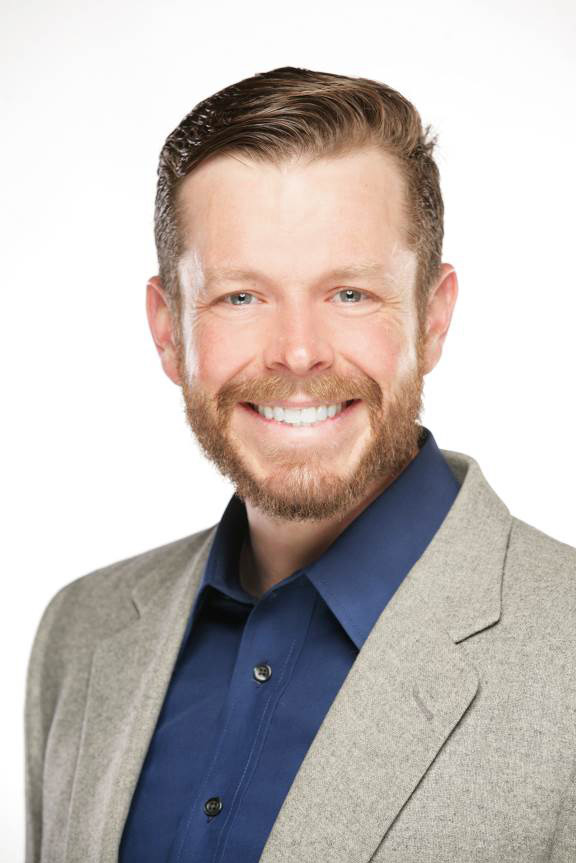Updated August 2020
Rigorous coursework and fieldwork, interactive labs and challenging yet supportive faculty members were the academic qualities that Jonathan Gerst ’05 said best prepared him for his career in geology.
Gerst runs his own environmental consulting business, Peak Hydrogeologic PLLC in Tryon, North Carolina. The firm provides sustainable environmental consulting to clients in North Carolina and South Carolina for the purpose of evaluating environmental conditions as required for real estate transactions, land development, resource management and assessment of risks to human health and the environment. Previously, he was a project hydrogeologist with EnviroSouth Environmental Consultants in South Carolina preparing scientific reports for water resources development and environmental remediation projects — maintaining the sensitive balance between economic prosperity and environmental protection.
Appalachian State University has “the perfect geographic/geologic setting… to learn about geology with ample outdoor recreational opportunities to help facilitate an excellent student-work-life balance,” added Gerst, who received his Geology (BA) degree in 2005 and later his master’s degree from Virginia Tech.
His professors in the Department of Geological and Environmental Sciences used to tell him “the best geologist is the one that sees the most rocks.” Reflecting on his education, Gerst said, “I think I had a much better head start on my geology career because of ASU’s geographic/geologic setting…
“I attended graduate school at Virginia Tech for a M.Sc. in hydrogeology, and I’ve worked with students from several institutions throughout my career, but I can confidently say that the Appalachian student experience is truly an unparalleled, high quality experience.”
Gerst has worked for domestic and international clients in the public and private sectors and is passionate about solving the world’s water problems. As a Peace Corps volunteer in water-scarce Morocco, he assisted with a U.S.-grant supported wastewater treatment plant, irrigation and sewage system project.
While an Appalachian student, Gerst said he benefitted from the Department of Geological and Environmental Sciences’ “awesome” geology museum, as well as opportunities for undergraduate research alongside Dr. Ellen Cowan on her Hubbard Glacier research and Dr. Bill Anderson on his Cape Hatteras research. He was a resident of Appalachian’s Watauga Global Community, now called Watauga Residential College.

